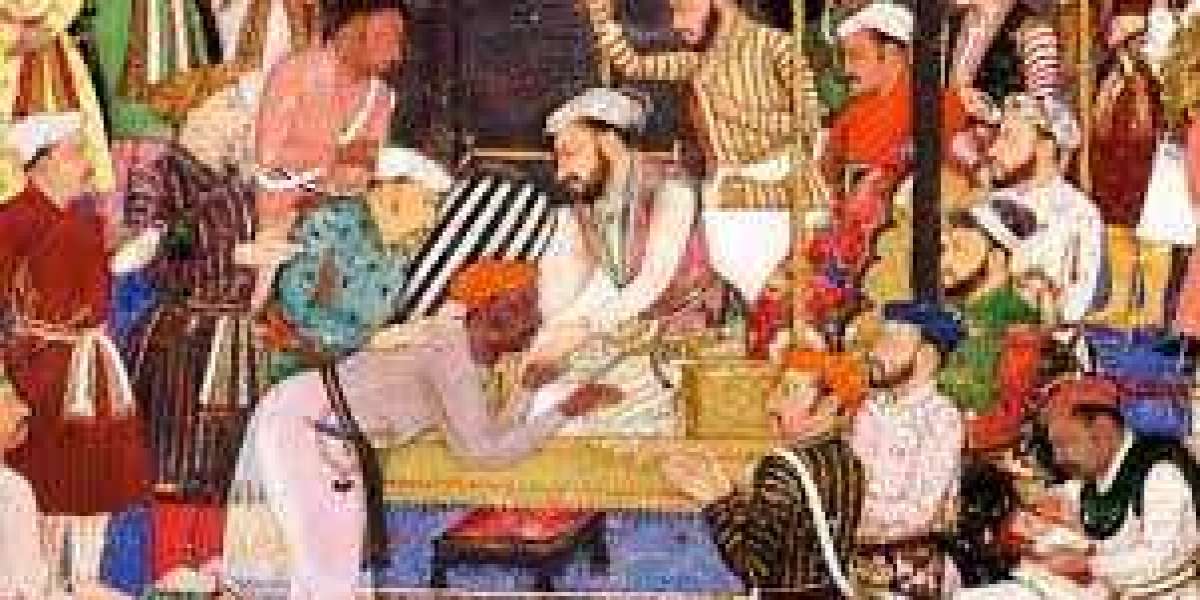When a mighty empire like the Great Mughals falls, it is because of many factors. This decline began with the strong rule of Aurangzeb. He couldn’t establish a stable centralized administration in his attempt to further his rule in the south. Thus Aurangzeb's objective to unify the entire country under one central political authority was not easy in practice.
Aurangzeb's religious orthodoxy and his policy towards Hindu rulers seriously damaged the stability of the Mughal empire. He employed the policy of jizyah- destroying many Hindu temples in the north. The situation was further worsened by the ruinous wars of succession which followed his death. After Bahadur Shah's brief reign came a number of worthless and luxury living kings. In an autocratic, monarchial system of government, the character and personality of the ruler play a crucial Role.
The character of the nobility had also deteriorated. Nobles lived extravagantly and beyond their means. Their selfishness and lack of devotion to the state gave birth to corruption in administration. The The empire would no longer satisfying the minimum needs of its population. The condition of the peasants Gradually Boston During the 17th and 18th century the burden of land revenue went on increasing from backwards time. constant transfer of nobles led to greater evil. Agriculture was no longer producing enough to meet the needs of the empire along with this Trade and Industry witnessed a downfall both In quality and quantity. in the absence of scientific and technological development India lagged behind Europe Economically and politically.
The absence of the spirit of political nationalism among people Cost the downfall of the mugle empire. People did not feel that they were all Indians nor did they have any common interests Instead people were loyal two persons, tribes, castes and religious sects. The final blow to the Mughal empire was given by a series of foreign invasions. Attacks by Nadir Shah and Ahmed Shah Abdali drained the empire of it’s wealth, ruined trade, and almost destroyed it’s military power. Finally, the emergence of British took away the last hope of the revival of the crisis-ridden empire. None of the Indian powers came forward to restore the heritage of the Great Mughals. They could not create a social order to stand against the enemy from the west. The stagnation was over and a new force emerged responsible for dynamism of modern India.







